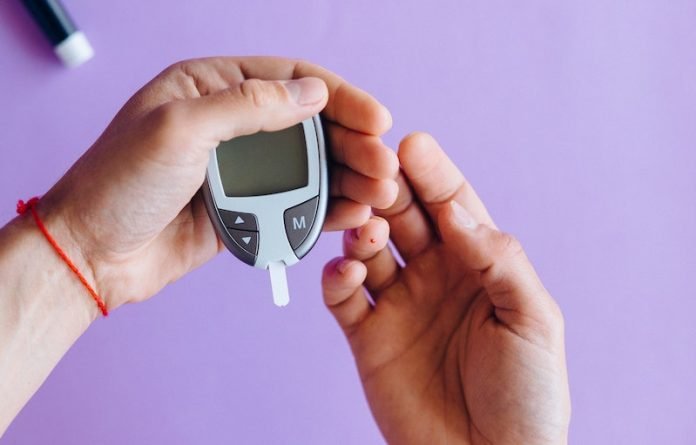
In a study from the University of Ottawa, scientists found poor blood sugar control could be linked to higher core body temperature and increased heart rate for physically active men with type 2 diabetes.
Regular exercise is generally recommended to manage and improve blood sugar control.
However, rising global temperatures and enduring heat waves make it challenging for people living with type 2 diabetes to manage the disease because current health guidelines advise avoiding exercising in hot weather.
People with type 2 diabetes can have a reduced ability to lose heat, which can heighten their risk of developing a heat-related injury during heat stress.
Previous research showed aging is associated with a decay in the body’s ability to dissipate heat, which is more pronounced in individuals with type 2 diabetes.
However, it remained unclear to what extent long-term blood sugar control may mediate this response.
In the study, the team aimed to identify whether blood sugar control affects the body’s ability to lose heat during exercise in the heat.
Although worse blood sugar control did not seem to impair whole-body heat loss, the association between chronically high blood sugar (indexed via hemoglobin A1c) with higher body core temperatures and heart rate could implicate its role in thermoregulation.
Importantly, the team found this effect did not appear to be related to the physical fitness of the participants.
The findings suggest that among people with type 2 diabetes, poor blood sugar control could lead to a greater risk of reaching dangerously high core body temperatures and greater strain on the heart during physical activity in the heat.
This study helps researchers gain a better understanding of the association between long-term blood sugar control and the body’s physiological capacity to dissipate heat in individuals with type 2 diabetes.
More research is needed to confirm this link and understand why these impairments are observed even when heat loss is not compromised.
If you care about diabetes, please read studies about how to treat diabetes without meds, and results showing six vitamins that help stop complications in diabetes.
For more information about blood sugar, please see recent studies about probiotics that could help reduce high blood pressure and blood sugar, and results showing eating food only in the daytime could help manage blood sugar in diabetes.
The study was conducted by Dr. Glen Kenny et al and published in Experimental Physiology.
Copyright © 2023 Knowridge Science Report. All rights reserved.



